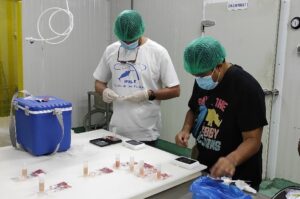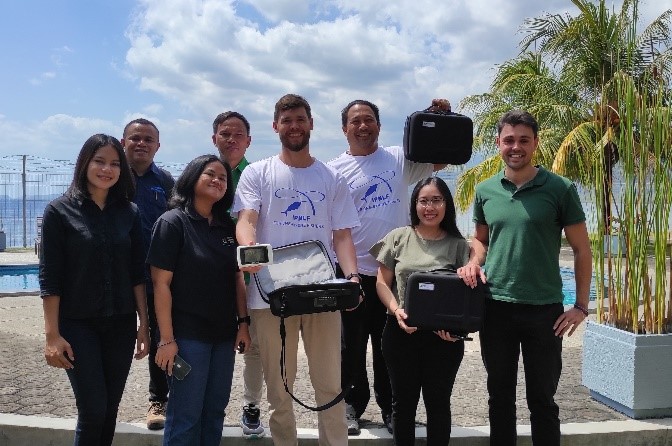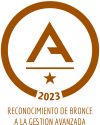BIOLAN, in collaboration with IPNLF International Pole and Line Foundation, undertakes a new partnership project to safeguard the quality and safety of raw materials in Indonesia.
The International Pole and Line Foundation (IPNLF) is committed to a world led by sustainable fishing, through the use of fishing methods that help the industry reduce its environmental impact, protecting the ecosystem and safeguarding the livelihoods of local fishermen, with the aim of providing society with increasingly sustainable tuna. Aligned with the United Nations Agenda 2030 and the Sustainable Development Goals, the foundation has purchased three BIO 7000 equipment for conducting different histamine control tests on fish to be executed as part of the project.
Indonesia is considered one of the largest suppliers of tuna in the world, accounting for about 16% of the world’s total supply. However, fishing in the Pacific and Indian Oceans is becoming unsustainable due to the exploitation of many tuna species that are considered vulnerable. Indonesia is currently seeking to maintain tuna production at sustainable levels by establishing tuna farms in the country’s gulfs and raising awareness of the importance of quality raw materials as well as good processing practices.
To this end, BIOLAN’s technical team in Asia, together with IPNLF, will take part in up to 8 histamine quantification tests on small, medium and large catcher vessels from different locations, making use of the BIO 7000 field equipment. BIOLAN will participate in the monitoring of raw materials during processing, in order to track product quality along the entire value chain to detect and improve critical points and prevent future problems.
BIOLAN has always maintained a real commitment to respect the environment, under the fulfillment of the Sustainable Development Goals (SDGs); and now, it is also part of the fisheries development initiative to ensure sustainable fisheries in Indonesia, providing its technology capable of quantifying histamine in an agile, simple and digitalized way.












